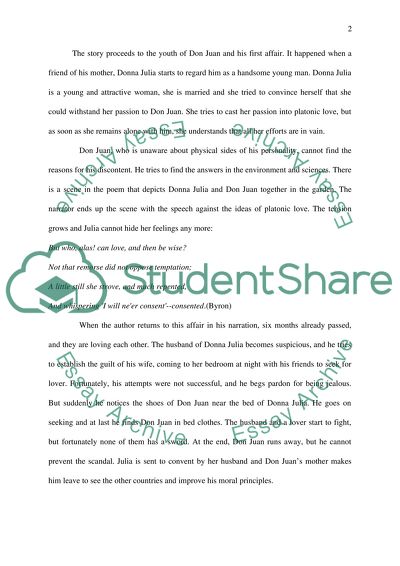Cite this document
(“Women's Roles in Lord Byron's Don Juan Canto I and Jane Austen's Essay”, n.d.)
Retrieved from https://studentshare.org/literature/1502317-womens-roles-in-lord-byrons-don-juan-canto-i-and-jane-austens-mansfield-park
Retrieved from https://studentshare.org/literature/1502317-womens-roles-in-lord-byrons-don-juan-canto-i-and-jane-austens-mansfield-park
(Women's Roles in Lord Byron's Don Juan Canto I and Jane Austen'S Essay)
https://studentshare.org/literature/1502317-womens-roles-in-lord-byrons-don-juan-canto-i-and-jane-austens-mansfield-park.
https://studentshare.org/literature/1502317-womens-roles-in-lord-byrons-don-juan-canto-i-and-jane-austens-mansfield-park.
“Women's Roles in Lord Byron's Don Juan Canto I and Jane Austen'S Essay”, n.d. https://studentshare.org/literature/1502317-womens-roles-in-lord-byrons-don-juan-canto-i-and-jane-austens-mansfield-park.


